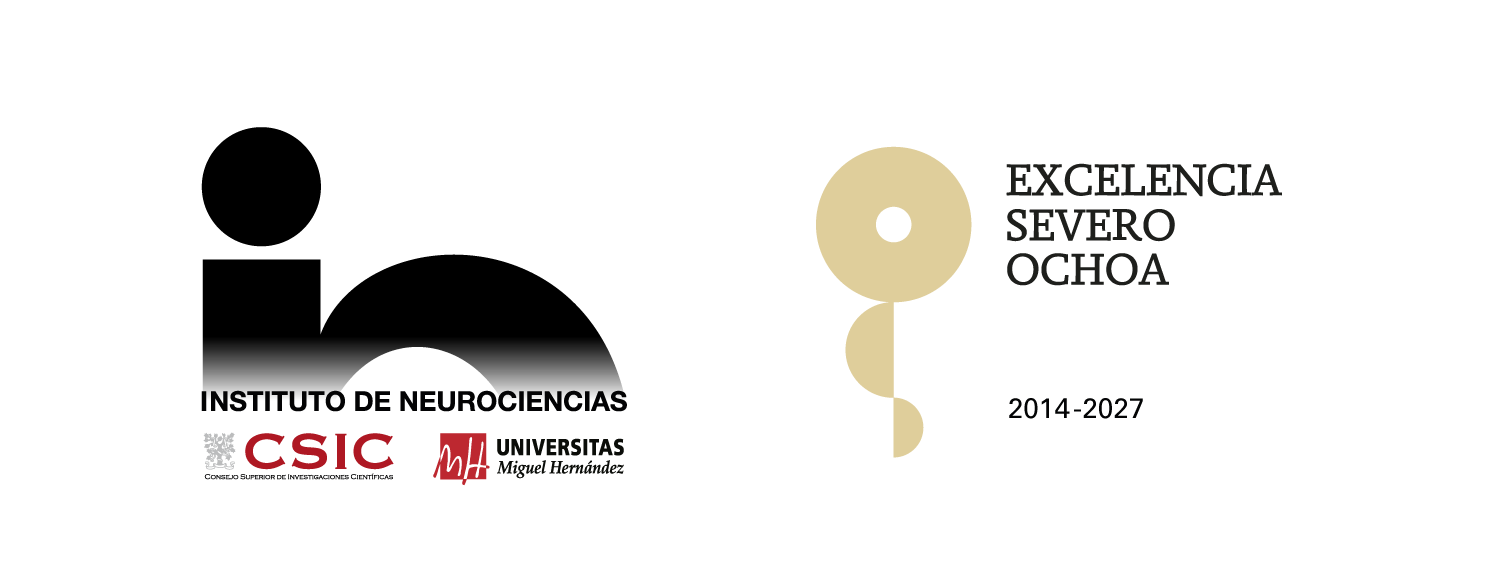Lines of investigation
Emerging Line of the group: “Translational Imaging Biomarkers”
Understanding how the different scales of the brain interact to effectively function, and how disruption of that interaction can lead to neurodegenerative diseases, is a formidable challenge. Importantly, in an increasingly ageing society, this understanding can have a significant impact in developing methods to accurately diagnosing those neurodegenerative disease earlier than is available to conventional detection methods. To address this, the aim of this emergent research line is to leverage data science and mathematical tools to gain a deeper insight into the inner workings of the brain, both at micro (e.g. molecular dynamics and synaptic plasticity) and at macro scales (e.g. glial cell behaviour and brain inflammation).
Specifically, the main aim of the group, financed by a La Caixa Junior Leader project, will be to discover meaningful biomarkers by leveraging dynamical systems theory and machine learning alongside advanced non-invasive magnetic resonance imaging techniques. By combining experimental and theoretical approaches, we aim to work in an interdisciplinary fashion to develop computational models to pinpoint these biomarkers early in life, offering a glimpse into the potential onset of disorders such as Alzheimer’s and multiple sclerosis.
Further research topics, in collaboration with partners at the Uniklinikum Bonn and the Okinawa Institute of Technology, Japan, include building mathematical models to explore the molecular basis of synaptic plasticity and its role in memory formation, investigating the emergence of efficient communication between animals using machine learning, and developing an open-source, graphical user interface-based tool for the swift, reproducible analysis of calcium images of synapses and dendrites.
Representative Publications
- SpyDen: simplifying molecular and structural analysis across spines and dendrites. Maximilian F Eggl, Surbhit Wagle, Jean P Filling, Thomas E Chater, Yukiko Goda, Tatjana Tchumatchenko. Bioinformatics. 2025 41(7): July 2025, btaf339 https://doi.org/10.1093/bioinformatics/btaf339
- Optimal Agnostic Control of Unknown Linear Dynamics in a Bounded Parameter Range. J Carruth, MF Eggl, C Fefferman, CW Rowley. arXiv. 2024 prepint; arXiv:2309.10138
- A framework for the emergence and analysis of language in social learning agents. TJ Wieczorek, T Tchumatchenko, C Wert-Carvajal, MF Eggl. Nature Communications. 2024 15 (1), 7590
- Competitive processes shape multi-synapse plasticity along dendritic segments. TE Chater, MF Eggl, Y Goda, T Tchumatchenko. Nature Communications. 2024 15 (1), 7572
- More with less: Simulation-based inference enables accurate diffusion-weighted MRI with minimal acquisition time. MF Eggl, S De Santis. bioRxiv. 2024 2024.11. 11.622925 https://doi.org/10.1101/2024.11.11.622925
- Linking spontaneous and stimulated spine dynamics. MF Eggl, TE Chater, J Petkovic, Y Goda, T Tchumatchenko Communications Biology 2023 6 (1), 930
- Linking spontaneous and stimulated spine dynamics. MF Eggl, TE Chater, J Petkovic, Y Goda, T Tchumatchenko. Commun Biol. 2023 6(1): 930 https://doi.org/10.1038/s42003-023-05303-1
- A parallel-in-time approach for accelerating direct-adjoint studies. CS Skene, MF Eggl, PJ Schmid. Journal of Computational Physics. 2021 429, 110033
- Mixing enhancement in binary fluids using optimised stirring strategies. MF Eggl, PJ Schmid. Journal of Fluid Mechanics. 2020 899, A24
- A gradient-based framework for maximizing mixing in binary fluids. MF Eggl, PJ Schmid Journal of Computational Physics. 2020 368, 131-153
- SpyDen: simplifying molecular and structural analysis across spines and dendrites. Maximilian F Eggl, Surbhit Wagle, Jean P Filling, Thomas E Chater, Yukiko Goda, Tatjana Tchumatchenko. Bioinformatics. 2025 41(7): July 2025, btaf339 https://doi.org/10.1093/bioinformatics/btaf339
- Optimal Agnostic Control of Unknown Linear Dynamics in a Bounded Parameter Range. J Carruth, MF Eggl, C Fefferman, CW Rowley. arXiv. 2024 prepint; arXiv:2309.10138
- A framework for the emergence and analysis of language in social learning agents. TJ Wieczorek, T Tchumatchenko, C Wert-Carvajal, MF Eggl. Nature Communications. 2024 15 (1), 7590
- Competitive processes shape multi-synapse plasticity along dendritic segments. TE Chater, MF Eggl, Y Goda, T Tchumatchenko. Nature Communications. 2024 15 (1), 7572
- More with less: Simulation-based inference enables accurate diffusion-weighted MRI with minimal acquisition time. MF Eggl, S De Santis. bioRxiv. 2024 2024.11. 11.622925 https://doi.org/10.1101/2024.11.11.622925
- Linking spontaneous and stimulated spine dynamics. MF Eggl, TE Chater, J Petkovic, Y Goda, T Tchumatchenko Communications Biology 2023 6 (1), 930
- Linking spontaneous and stimulated spine dynamics. MF Eggl, TE Chater, J Petkovic, Y Goda, T Tchumatchenko. Commun Biol. 2023 6(1): 930 https://doi.org/10.1038/s42003-023-05303-1
- A parallel-in-time approach for accelerating direct-adjoint studies. CS Skene, MF Eggl, PJ Schmid. Journal of Computational Physics. 2021 429, 110033
- Mixing enhancement in binary fluids using optimised stirring strategies. MF Eggl, PJ Schmid. Journal of Fluid Mechanics. 2020 899, A24
- A gradient-based framework for maximizing mixing in binary fluids. MF Eggl, PJ Schmid Journal of Computational Physics. 2020 368, 131-153

 Español
Español